Frequently Asked Questions About Cochlear Implants:
Q: What is a cochlear implant?
A: A cochlear implant is a small electronic device that is surgically implanted into the cochlea to stimulate the auditory nerve electrically. An internal component is implanted under the skin behind the ear. A thin wire with a magnet and an electrode array are inserted into the cochlea within the inner ear. An external piece sits behind the ear and connects to the internal component via magnet. The external piece picks up sound with a microphone. The sound is then transmitted along the electrode array, which sends electrical stimulation up to the brain.
Q: Who is a candidate for a cochlear implant?
A: Usually, cochlear implant users are individuals who have significant hearing loss who no longer benefit from hearing aids due to lack of clarity. Recently, the FDA has approved individuals who have single sided deafness to qualify for cochlear implants as well.
We perform extensive testing at The Hearing Center to determine whether an individual qualifies for audiologic cochlear implant candidacy. Once the patient is approved on the audiological front, he or she will be evaluated by an Ear, Nose and Throat physician to determine candidacy on the medical front.
Q: What does the surgical procedure consist of?
A: For a CI surgery, the surgeon makes a small incision behind the ear and drills a tiny hole through a portion of the skull called the mastoid bone. The surgeon then creates an opening within the cochlea (organ for hearing) to thread the electrode array. The electrode array and internal magnet are then inserted into the inner ear. The surgeon then stitches up the incision. In many cases, patients go home the same day of the procedure.
Q: Are there any risks to the surgery?
A: As with any surgical procedure, there are always risks, though they are very rare.
Risks involved in cochlear implant surgery include loss of residual hearing, facial paralysis, dizziness, infection at the incision site and failure of the internal device.
Q: What happens following the procedure?
A: We usually allow approximately four weeks to allow for reduction in swelling and for the incision site to heal. At that time, the patient comes to our office, where we perform a “cochlear implant activation mapping”.
At this appointment, we choose a magnet strength for the external piece and perform a series of tasks with the patient to measure both the softest and most comfortable loudness levels at each electrode. We then “turn on” the cochlear implant.
Many times, patients report that speech initially sounds robotic, cartoon-ish, garbly or unclear. These are all common perceptions that become less dramatic as the brain adjusts to the electrical stimulation over time.
We see the patient frequently following the activation to gradually improve his or her perception of speech. We also provide the patient with aural rehab exercises to practice at home to improve his or her performance.
Q: What does the external piece look like?
A: Cochlear Americas provides two styles of external pieces, also known as “processors”: The Nucleus 7 and the Kanso 2. There is no difference in sound quality; the only difference is the on-ear piece that is attached to the N7 and not the Kanso 2. Patients are allowed to order two processors prior to implantation; we typically recommend one of each style. There is a six-month window to exchange a processor for a different style. The processors come in black, brown, beige, grey and white.
Q: Are there any restrictions when wearing my cochlear implant?
A: The only times we recommend removing the external processor is when sleeping, showering, swimming or participating in vigorous physical activity that may lead the processor to fall off.
Additionally, not all cochlear implants are compatible with MRI. It is important to discuss specifics of the internal component of your cochlear implant with your provider to ensure a safe MRI procedure.
Q: Will a cochlear implant restore normal hearing?
A: A cochlear implant will not restore normal hearing, but if it is being recommended, then it likely is the patient’s best option. Many candidates for CI have extreme difficulty understanding speech, listening to music and hearing environmental sounds out in the world. Cochlear implants not only give access to sound that the patient has been missing, but also makes sound clearer than hearing aids would.
The CI process is taxing and takes time, and it requires motivation on the patient’s and caregiver’s parts. Being motivated to engage with the CI process and wearing the processor consistently will allow for the patient’s best chance at succeeding with it.
STILL HAVE QUESTIONS?
CONTACT US FOR MORE INFORMATION ABOUT COCHLEAR IMPLANTS!





